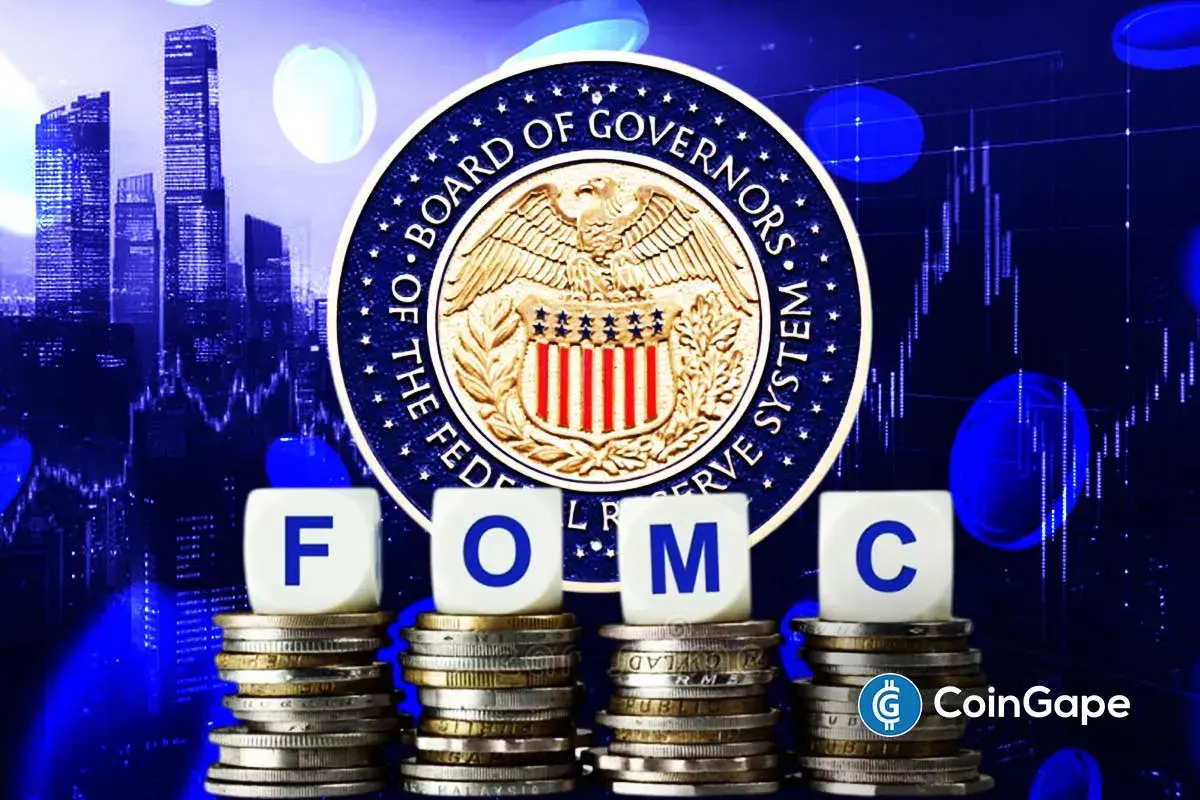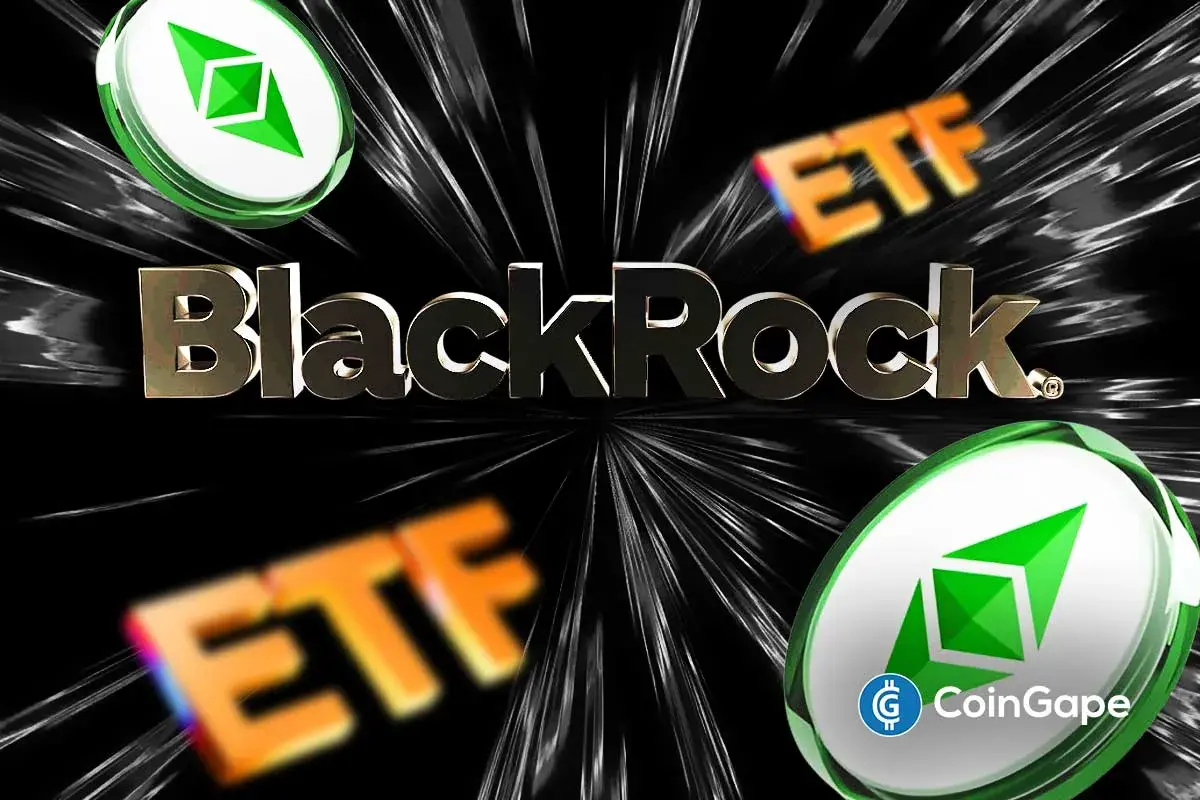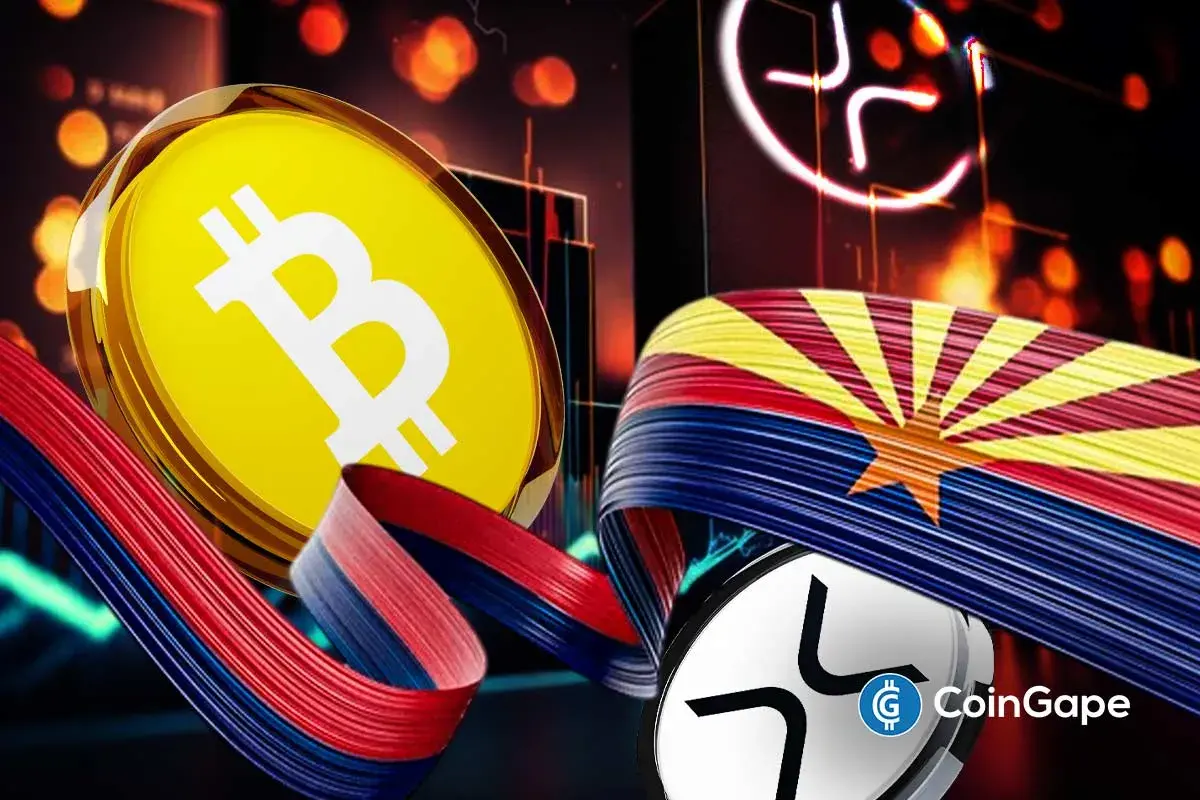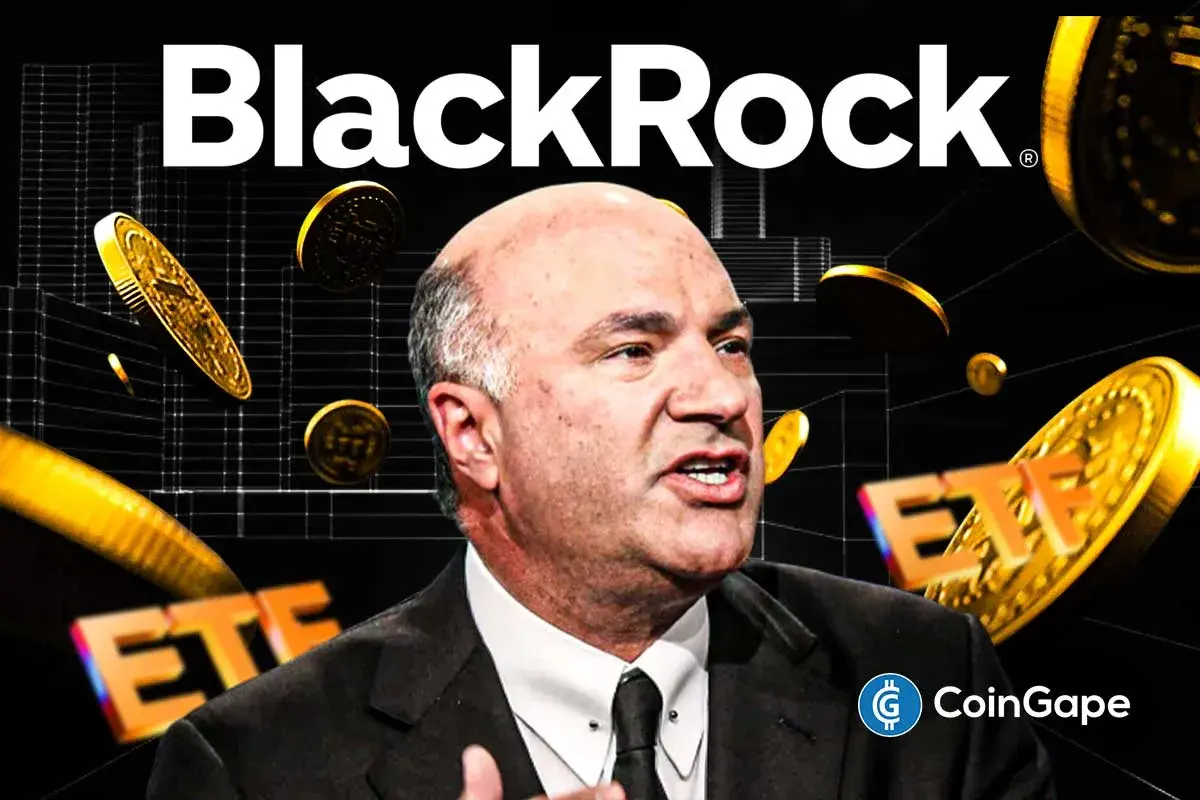Crypto Market Remains Steady Even As FTX Files for Bankruptcy
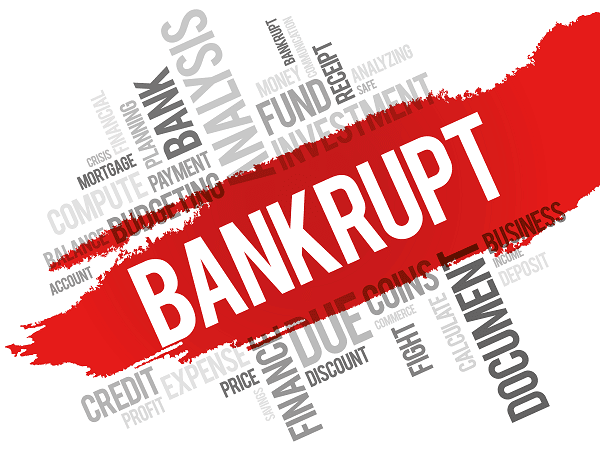
Finally, the game is over for Sam Bankman-Fried as FTX entities filed for Chapter 11 bankruptcy on Friday, November 11. This could probably be the fastest demise for a crypto giant in the history of crypto markets.
FTX chief Sam Bankman-Fried wrote a Twitter thread apologizing for what happened over the last week. He said:
Today, I filed FTX, FTX US, and Alameda for voluntary Chapter 11 proceedings in the US. I’m really sorry, again, that we ended up here. Hopefully things can find a way to recover. Hopefully this can bring some amount of transparency, trust, and governance to them. Ultimately hopefully it can be better for customers.
Well, this doesn’t make anything clear whether 1 million FTX users will ever get their money back. The falling of the giant, however, leaves a major dark spot for the crypto space.
Crypto Market Remains Steady After FTX Fall
The crypto market hasn’t reacted much to the news of the bankruptcy filing by FTX. Bitcoin and all other major cryptocurrencies are showing very little volatility over the last 24 hours after a brutal week.
Maybe the crypto market has already reacted enough beforehand, eroding 20% or $200 billion worth of investors’ wealth in less than a week’s time. As of press time, Bitcoin is trading 0.4% down at a price of $16,888 and a market cap of $324 billion. Interestingly, Ethereum (ETH) is up 1.69% in the last 24 hours as investors look to capitalize on the bottom after a 25% fall last week.
Speaking to CNBC about the way FTX bankruptcy unfolded, Wall Street veteran and Galaxy Digital founder Mike Novogratz said:
This is bad for the industry. Period. The whole system is built on trust. This FTX saga is a lot worse for the infrastructure of crypto, for people to buy, sell, lend, and promote coins.
However, Novogratz believes that this could be a buying opportunity just as there’s blood on the streets. JPMorgan has also said that the collapse of FTX might prove to be the catalyst for the utility value of crypto. “All of the recent collapses have come from centralized players and not decentralized protocols,” they added.
- Jane Street and Abu Dhabi Wealth Fund Mubadala Increase Holdings In BlackRock’s Bitcoin ETF
- FOMC Minutes Drop Tomorrow: Will Crypto Market Rally or Face Fed Shock?
- BlackRock Amends Filing For Staked Ethereum ETF, Eyes 18% of Staking Rewards From ETH Fund
- Arizona Advances Bitcoin, XRP Reserve Bill Using Seized Crypto Assets
- Bitcoin ETF Update: BlackRock Signals BTC Sell-Off as Kevin O’Leary Warns of Decline In Institutional Demand
- Pi Network Price Beats Bitcoin, Ethereum, XRP as Upgrades and Potential CEX Listing Fuels Demand
- 5 Things Dogecoin Price Needs to Hit $0.20 in Feb 2026
- Bitcoin Price Prediction as Experts Warns of Quantum Risks
- Dogecoin, Shiba Inu, Pepe Coin Price Predictions As BTC Crashes Below $68k
- Ethereum Price Outlook as Harvard Shifts Focus from Bitcoin to ETH ETF
- HOOD and COIN Stock Price Forecast as Expert Predicts Bitcoin Price Crash to $10k






